 The South Kingstown Town Council, in a session often resembling a scene from a junior high lunch table, passed the Town budget for fiscal year 2012 – 2013 in total. In a 4-0 vote, with one recusal, the budget was adopted – inclusive of a contentious $7000 line item allowance to the South County Chamber of Commerce.
The South Kingstown Town Council, in a session often resembling a scene from a junior high lunch table, passed the Town budget for fiscal year 2012 – 2013 in total. In a 4-0 vote, with one recusal, the budget was adopted – inclusive of a contentious $7000 line item allowance to the South County Chamber of Commerce.
Refereeing council members and town residents, Council Chair Ella Whaley urged all to stay on task in getting issues resolved and the budget passed.
From the outset, the meeting was heated as Council member Polly Eddy was asked to recuse herself from the vote, due to her position on the Executive Committee of Thundermist Health Center. Eddy who presently sits on the Executive Committee of the private non-profit organization, has held the position of President of the organization in past years, as well as sitting as a senior member of the South Kingstown Town Council.
In anticipation of the budget adoption, which in accordance with the Town Charter has to be completed by May 1, town resident and democratic committee member, Deborah Bergner submitted a letter requesting the removal of $7000 from the preliminary budget, slated for the South Kingstown Chamber of Commerce.
In addition to the petition she garnered, already an agenda item, Bergner’s letter received just prior to the meeting, repeated her ongoing contention that the South Kingstown Chamber of Commerce was acting in dual capacities, as a chamber and a political PAC.
“I feel that no taxpayer money should be given to a political organization. By forming a pack with little or no separation from the chamber itself, and becoming actively involved in local politics, they forfeited their right to receive money from the taxpayers,” Bergner corresponded.
Rebutting the contents of the letter on behalf of the Chamber of Commerce was Richard Pike, Chair of the South Kingstown Political Action Committee, explaining that the PAC operates separately from the chamber, was adamant that any funds appropriation from the Town would not be seen by the PAC.
“The $7000 – I can assure you, not one penny would go toward the political action committee.” Pike went on to add. “Anybody that thinks it’s not a good idea really needs to wake up and listen to some of the [things] that are going on. Businesses are hurting. They need help.”
In a tete-a-tete battle between council members and residents alike, the sometimes pathetic posturing of a political battle to come was revealed.
Supporting Bergner’s position was Maureen Martin, also a town resident, admonishing the council’s bantering in deciding the fate of Bergner’s petition and the Town’s budget before them for passage. Referencing councilman, James O’Neill’s comments with regards to the petition, Martin spoke.
“As I sit here as a citizen, I feel totally disrespected already. To refer to the petition that several South Kingstown residents signed as pathetic, is in and of itself, pathetic.” In addressing the petition before the Council in opposition to the Chamber expenditure, Martin expressed her belief that the funds were not appropriate for an organization not deemed non-profit.
“I do not think that the taxpayers of South Kingstown should be footing the bill for administrative costs of an organization that does not provide services to the needy, but instead participates in lobbying activities.”
Challenged by Carol Hagen McEntee, Council Vice President, Martin was asked to answer why the expenditure had never been questioned in the past. “Last year at this time we gave the $7000 unanimously. By your own admission, you have been a resident for [many] years. This has been going on for 21 years and you have never come forward and felt that this appropriation should be challenged. Why this year?”
“A couple of things – one is I didn’t know,” responded Martin. “I admittedly have not been actively involved in local politics. Had I known, it may have been different.”
After 2 hours, two motions were presented to the Council. The first, a motion to deny the resident petition in opposition to the Chamber appropriation, passed in a 4-1 vote, with member Polly Eddy the sole nay. Council member, Kathleen Fogarty, in a surprising turn of events, voted in support of the line item for the Chamber.
The second motion, the Town’s annual budget adoption, passed in a unanimous action, with Mrs. Eddy’s recusal on record.
At the end of it all, Town Manager, Steven Alfred was pleased with the outcome. “We have adopted a budget that supports our ability to provide for the Town and residents based on the financial situation before us. We are providing residents with the maximum benefit we can.”


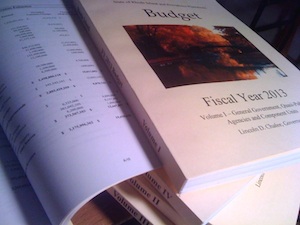

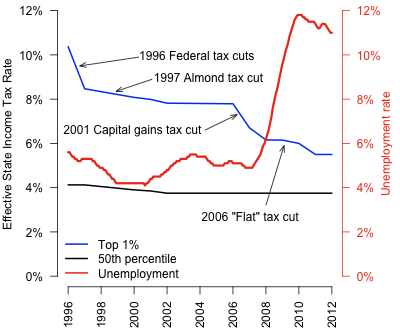



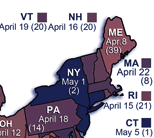





 There is room at every election for new voices – including the ideas of former communists and those of
There is room at every election for new voices – including the ideas of former communists and those of 
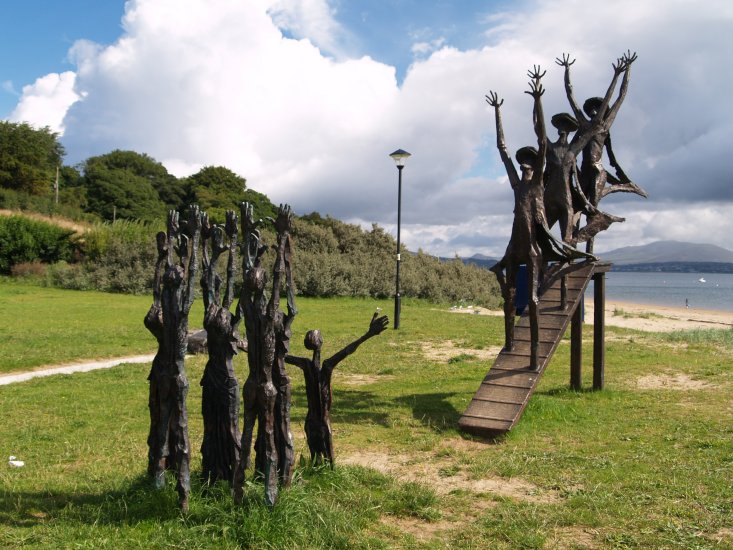








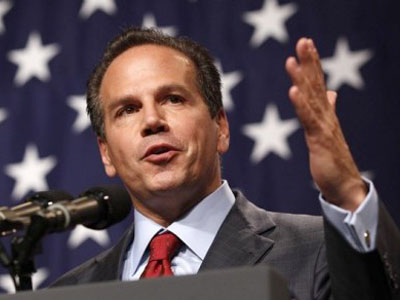
 When I decided to run for Congress in 2010, I began my campaign with the conviction that no issue was more important than putting men and women across Rhode Island back to work.
When I decided to run for Congress in 2010, I began my campaign with the conviction that no issue was more important than putting men and women across Rhode Island back to work.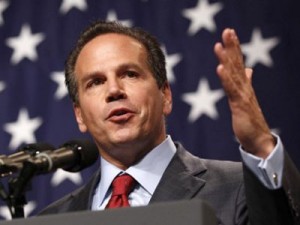
 Disturbing hints this week from EDC director, Keith W. Stokes, that the state plans to continue it’s
Disturbing hints this week from EDC director, Keith W. Stokes, that the state plans to continue it’s